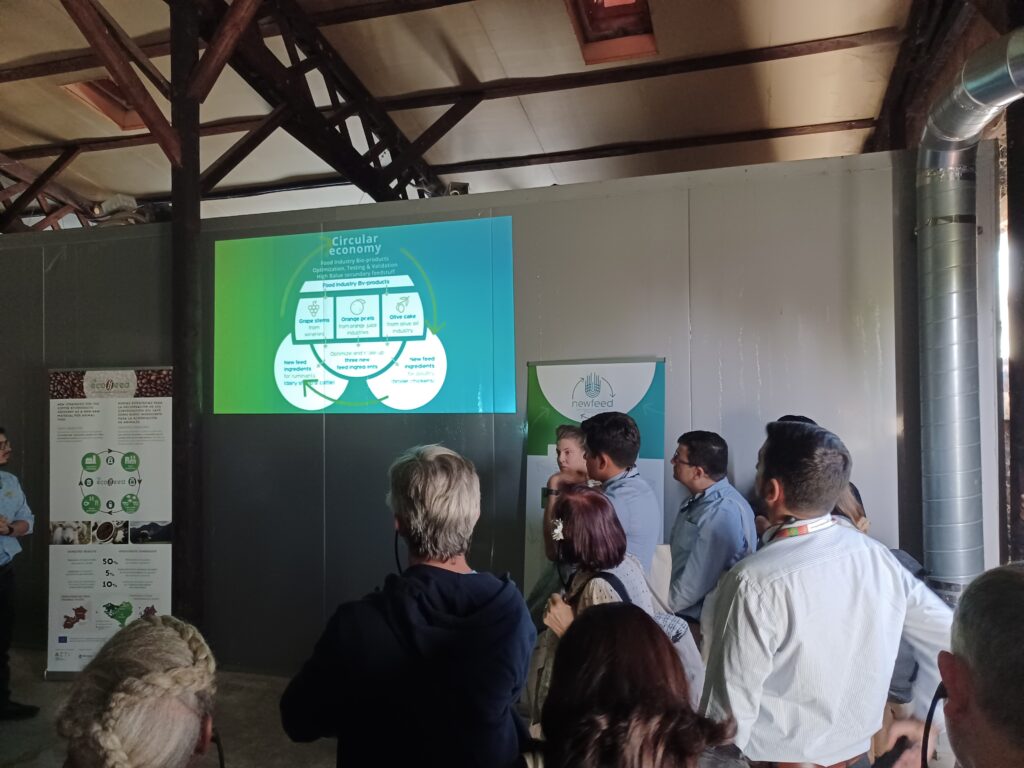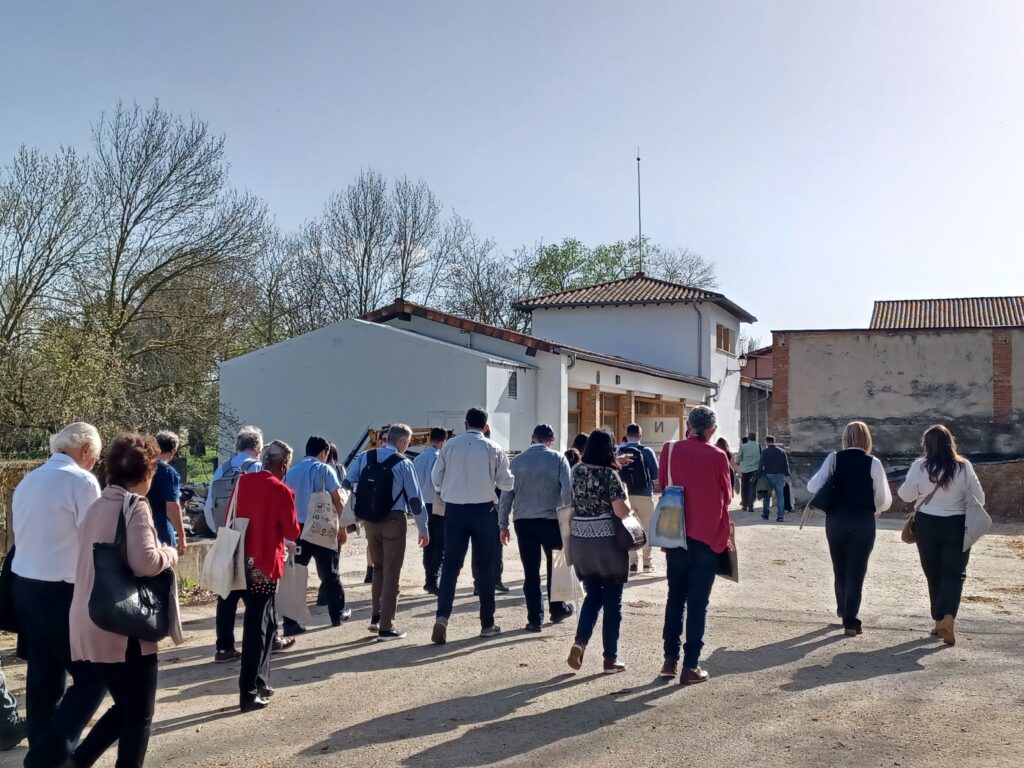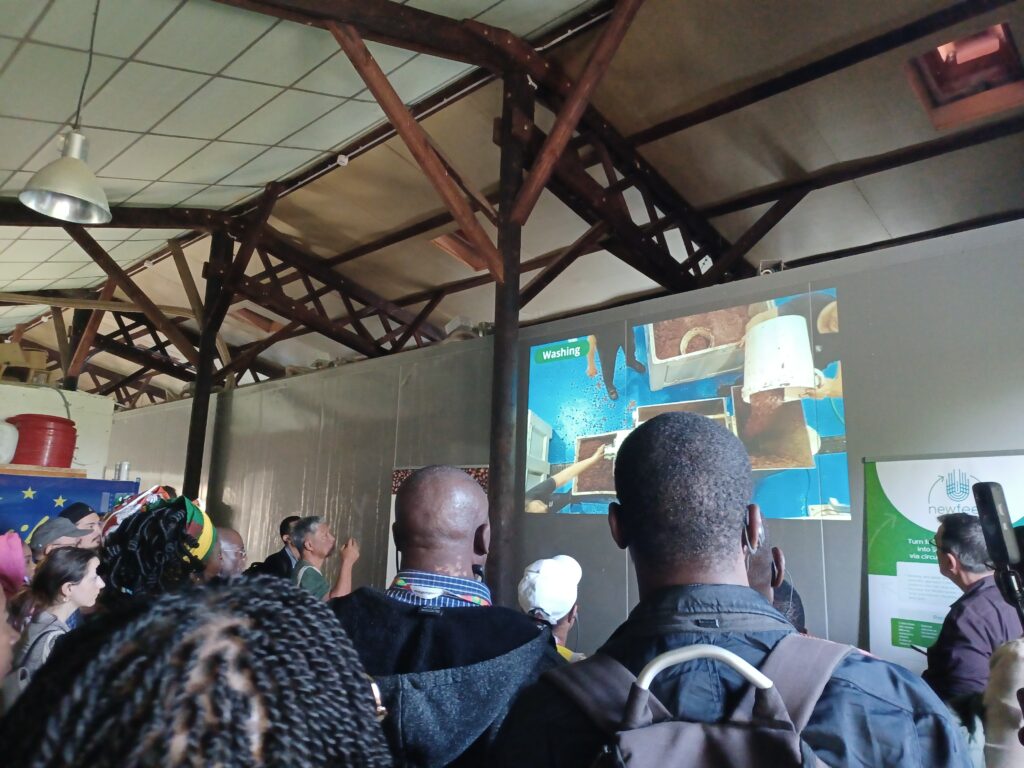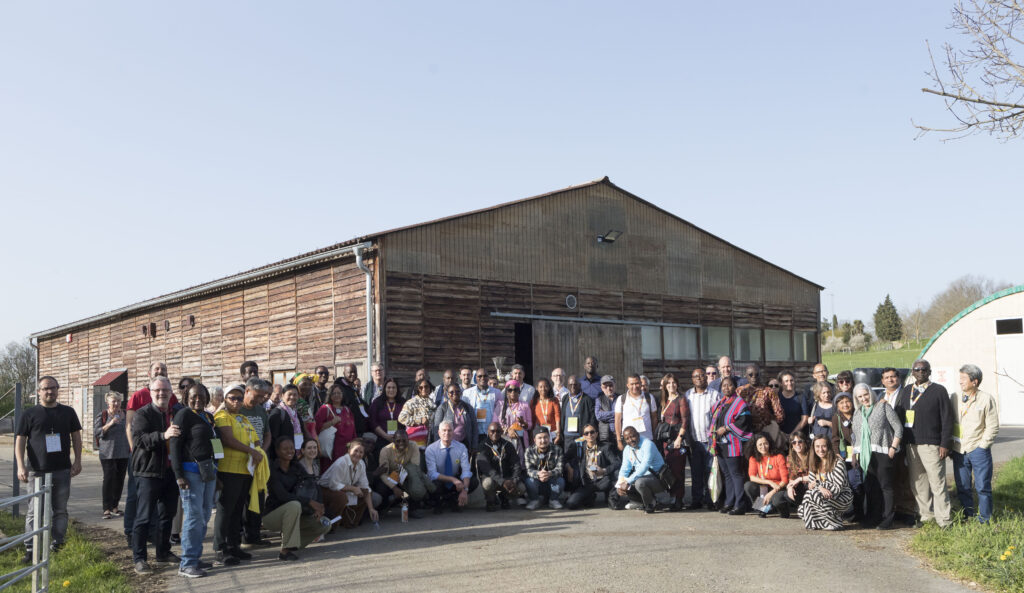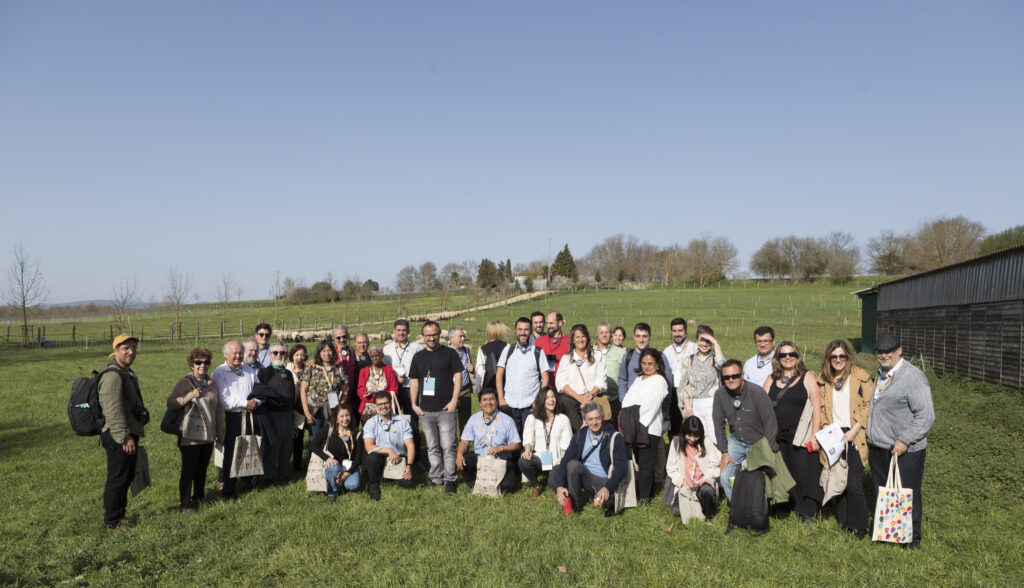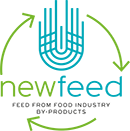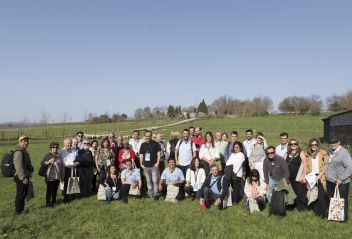
On March 21st, the Mediterranean Demonstration Workshop (DW) of the NewFeed project took place in Spain, hosted within the framework of the World Rural Forum and organized by our partners from AZTI, NEIKER, and UAGA. Held at NEIKER’s facilities in the Agri-Food Campus of Arkaute, Spain, the event drew significant attention and participation from diverse stakeholders.
Among the attendees were representatives from various governmental bodies, livestock and agricultural organizations, international entities such as FAO and IFAD, National Committees for Family Farming, rural development associations, NGOs, cooperatives, and research centers spanning all five continents.
Throughout the workshop, attendees delved into crucial topics pivotal to the advancement of sustainable livestock farming based on the NewFeed results and developments. Discussions revolved around the inclusion percentage of experimental ingredients, replicability across different livestock species, the maturity level of developed solutions (Technology Readiness Level – TRL), avenues for initiating international cooperation to extend the new feed ingredients solutions from olive cake, grape stem and orange peels evolved during the project globally, profitability considerations, and environmental enhancements within the livestock sector.
Key highlights emphasized during the DW underscored the critical importance of securing a sustainable supply of raw materials for animal feed. With natural resources being finite, the quest for novel, sustainable raw materials for feed production emerges as a paramount challenge for the livestock industry. Notably, the utilization of food by-products as feed ingredients, based on circular economy principles, emerged as a viable solution to ensure the long-term sustainability of livestock farming.
The event served as a pivotal moment in advancing the NewFeed project’s objectives and fostering collaboration among stakeholders committed to driving sustainability within the livestock sector and the food industry supply chain in general. As the project progresses, such workshops will continue to play a crucial role in facilitating knowledge exchange, innovation, and collective action towards a more sustainable future.
